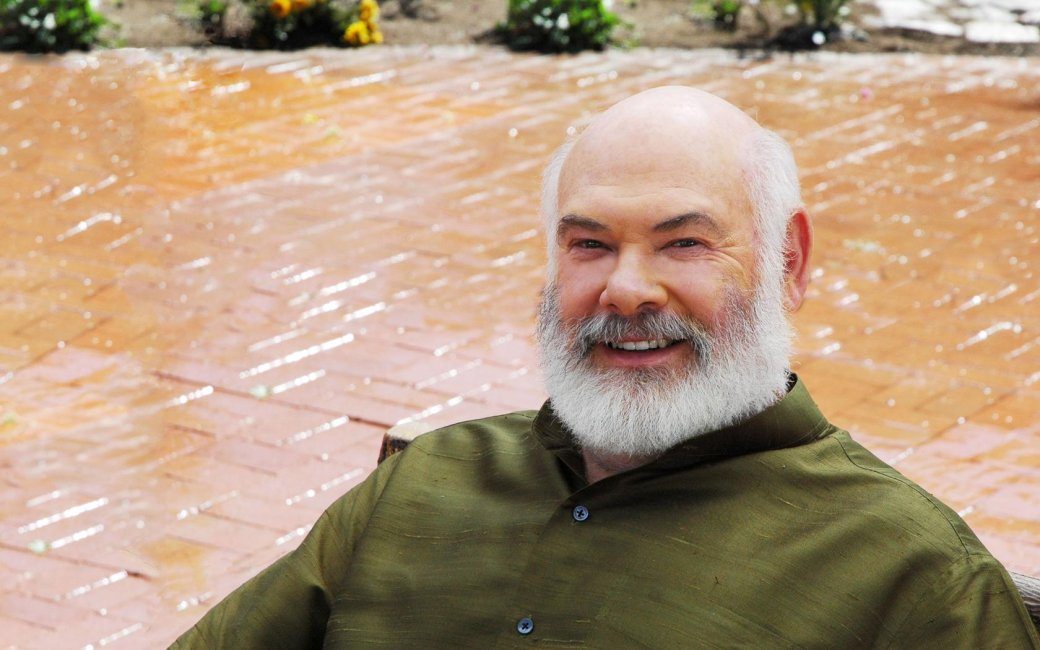Month: May 2011
Pragmatic Studies and Cinderella Medicine
Explanatory studies are done under controlled conditions to determine whether a treatment has any efficacy compared to a placebo. Pragmatic studies are designed to assess how the intervention performs in everyday real world practice. Pragmatic studies measure practical success but don’t determine actual efficacy: that requires a proper randomized controlled trial (RCT) with an appropriate control. Pragmatic studies have their place, but...

Surprise, surprise! Dr. Andrew Weil doesn’t like evidence-based medicine
Dr. Andrew Weil is a rock star in the “complementary and alternative medicine” (CAM) and “integrative medicine” (IM) movement. Indeed, it can be persuasively argued that he is one of its founders, at least a founder of the its most modern iteration, and I am hard-pressed to think of anyone who did more in the early days of the CAM/IM movement, back...
Steve Novella and Banachek on Power Balance bracelets
First Oz, now this. Too bad his appearance was so short: At least they got Banachek to do a quick and dirty trial that helped to demonstrate that these bracelets do not work.
Fungus yields new prescription drug for multiple sclerosis
The following post appeared earlier this week at my Chemical & Engineering News CENtral Science blog, Terra Sigillata. For some odd reason – perhaps this week’s frantic academic schedule of commencement activities – it was not highly read there. I thought that our Science-Based Medicine readers would appreciate it because this new prescription drug is derived from a family of fungi that...
Placebo Prescriptions
Whether it’s acupuncture, homeopathy or the latest supplement, placebo effects can be difficult to distinguish from real effects. Today’s post sets aside the challenge of identifying placebo effects and look at how placebos are used in routine medical practice. I’ve been a pharmacist for almost 20 years, and have never seen a placebo in practice, where the patient was actively deceived by...
When you can’t win on science, invoke the law…
Late last week, the anti-vaccine underground was all atwitter. The reason was the announcement of an impending press conference, scheduled for yesterday at noon in Washington, DC that proclaimed: Investigators and Families of Vaccine-Injured Children to Unveil Report Detailing Clear Vaccine-Autism Link Based on Government’s Own Data Report Demands Immediate Congressional Action Directors of the Elizabeth Birt Center for Autism Law and...
Autism Prevalence Higher than Thought
Crossposted from NeuroLogica Blog Over the last 20 years the prevalence of autism (now part of autism spectrum disorder, ASD) has been increasing. The medical community is largely agreed that this increase is mostly due to expanding the diagnostic category and greater efforts at surveillance. There remains some controversy over whether or not these factors explain all of the measured increase, or...
Cognitive Traps
In my recent review of Peter Palmieri’s book Suffer the Children I said I would later try to cover some of the many other important issues he brings up. One of the themes in the book is the process of critical thinking and the various cognitive traps doctors fall into. I will address some of them here. This is not meant to...
Chemical castration of autistic children leads to the downfall of Dr. Mark Geier
One of the most persistent myths is one that’s been particularly and doggedly resistant to evidence, science, clinical trials, epidemiology, and reason. It’s also a myth that I’ve been writing about a long time. Specifically, I’m referring to the now scientifically discredited myth that the mercury-containing thimerosal preservative that used to be in quite a few childhood vaccines causes autism. The myth...
Vaccines and infant mortality rates: A false relationship promoted by the anti-vaccine movement
The anti-vaccine movement is a frequent topic on the Science-Based Medicine blog. There are a number of reasons for this, not the least of which being that the anti-vaccine movement is one of the most dangerous forms of pseudoscience, a form of quackery that, unlike most forms of quackery, endangers those who do not partake of it by breaking down herd immunity...

